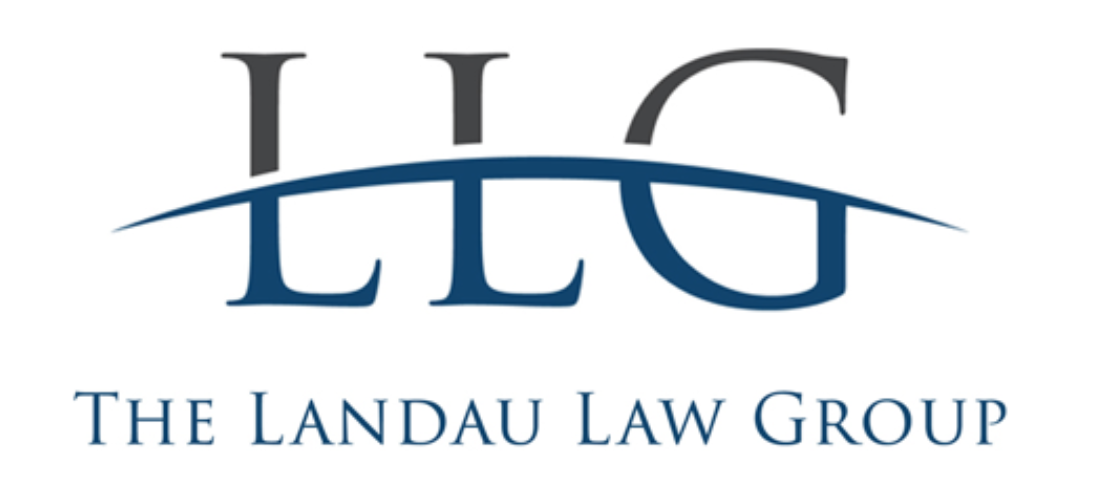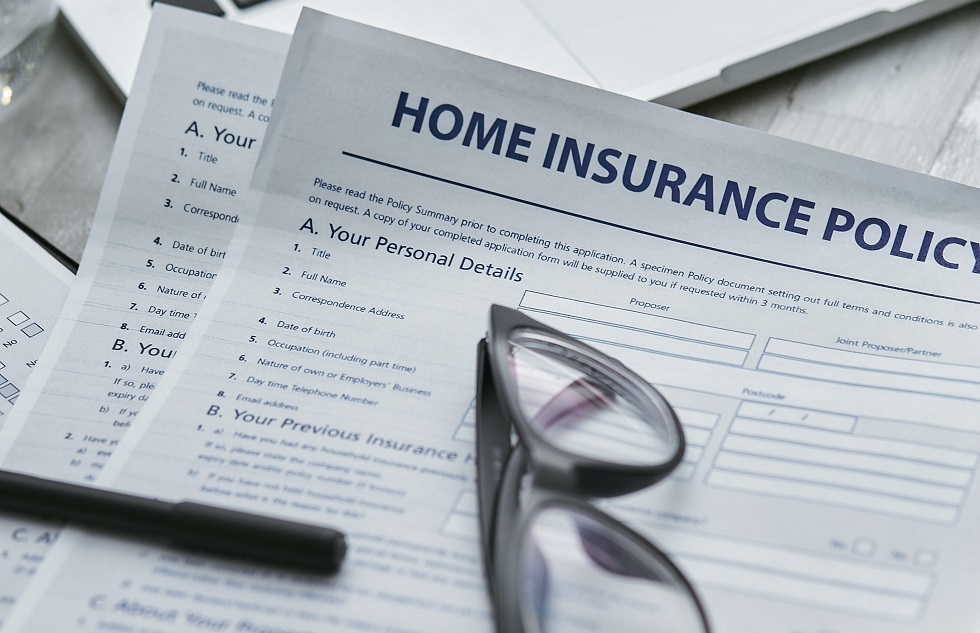Dealing with property damage can be a deeply distressing experience.
Whether it’s the aftermath of a natural disaster, a fire, or any unexpected incident, the emotional and financial toll can be overwhelming. At The Landau Law Group, we understand the challenges that everyday people face when their homes and possessions are affected. It’s in these moments of vulnerability that knowing your insurance policy becomes paramount.
We’re not just a law firm; we’re your advocates and partners in navigating the complexities of property damage claims. Our commitment to you is rooted in compassion and understanding. We recognize that behind each policyholder is a unique story, a home filled with memories, and a desire for a fresh start. This blog post is here to offer guidance, support, and clarity in an often bewildering landscape of insurance jargon and regulations.
So, let’s embark on this journey together, where we demystify insurance policies and empower you to make informed decisions when it matters most. Whether you’re sifting through the rubble of a disaster or facing the daunting task of understanding your insurance, remember, The Landau Law Group is here to lend a helping hand. Your well-being and peace of mind are our foremost concern, and we’re here to ensure you receive the assistance and compensation you rightly deserve.
Types of Property Insurance Policies
At The Landau Law Group, we encounter various insurance policies related to property damage claims. These include:
- Homeowners Insurance: This policy provides coverage for damage to your home and personal property, as well as liability protection.
- Renters Insurance: Designed for those who rent their homes, this policy covers personal property and liability but doesn’t extend to the structure itself.
- Commercial Property Insurance: Business owners need this policy to safeguard their commercial properties, including coverage for buildings, equipment, and inventory.
- Condo Insurance: Condo owners typically have unique insurance needs, covering both personal property and shared structures.
- Flood Insurance: If you’re in a flood-prone area, this policy is vital since it offers protection against water damage.
- Earthquake Insurance: In regions susceptible to earthquakes, this coverage can be crucial for safeguarding your property.
Understanding which type of policy you have is essential, as each offers distinct coverages tailored to your specific needs.
Policy Components
Within your insurance policy, you’ll find several crucial components:
- Declarations Page: This part provides an overview of your policy, including key information like coverage limits and deductibles.
- Insuring Agreement: The insuring agreement outlines what is covered and what isn’t under your policy.
- Exclusions: Exclusions specify the situations or damages that the policy doesn’t cover. It’s important to be aware of these to avoid surprises.
- Conditions: Conditions detail the obligations of both the insurer and the policyholder, including reporting requirements and claims procedures.
- Endorsements (Optional Coverages): Endorsements are additional coverages you can add to your policy, offering extra protection for specific risks.
Understanding these sections is vital to comprehending your policy’s terms and their impact on your property damage claim.
Coverage Types
Your property insurance policy provides different coverage types:
- Dwelling Coverage: This covers the physical structure of your property, such as the building itself.
- Personal Property Coverage: It safeguards your belongings within the property, like furniture, appliances, and personal items.
- Liability Coverage: Liability coverage is essential for protection against legal claims from injuries that occur on your property.
- Additional Living Expenses (ALE) Coverage: In case your property becomes uninhabitable, ALE coverage helps with temporary living expenses.
- Named Perils vs. Open Perils: Named perils policies specify what types of damages are covered, while open perils policies cover everything except what is explicitly excluded.
Understanding how each coverage type operates is essential to making informed decisions regarding your property damage claim.
Policy Limits and Deductibles
Knowing your policy limits and deductibles is essential, as these factors influence your claim’s outcome. Policy limits define the maximum amount your insurance company will pay for a claim. Deductibles are the amount you must pay out of pocket before your insurance kicks in. It’s crucial to understand how these factors can affect your settlement.
Common Exclusions
Exclusions are important clauses in your policy and often include acts of war, intentional damage, and certain natural disasters. It’s important to be aware of these exclusions and consider additional coverage when needed to address potential gaps in protection.
Additional Coverages and Endorsements
Your policy may offer optional coverages and endorsements to enhance protection. For example, you can add coverage for valuable items like jewelry or art. We recommend considering these additional coverages to ensure your property is adequately protected.
Reading and Understanding Your Policy
Reading and interpreting an insurance policy may seem daunting, but it’s a crucial skill for policyholders. We offer advice on how to break down the policy language and recommend consulting with our experts for any policy-related questions.
Importance of Policy Review
Regular policy reviews are essential, especially when life circumstances change. Our experts encourage policyholders to stay up-to-date with their coverage. When you need a clear understanding of your policy or guidance on updating it, The Landau Law Group is here to help.
Contact Landau Law: Florida Property Damage Lawyers
In closing, understanding your insurance policy is a fundamental step in the property damage claims process. Should you have questions or require legal assistance, please don’t hesitate to contact The Landau Law Group. We’re here to ensure you receive the compensation you deserve.
Reach out to The Landau Law Group for expert guidance on your property damage claims and insurance policy concerns. We’re committed to helping you protect your property and navigate the complex world of insurance with confidence. Contact us today for a consultation. Your peace of mind is our priority.
Florida Property Damage Lawyers
Property Damage Blog Posts
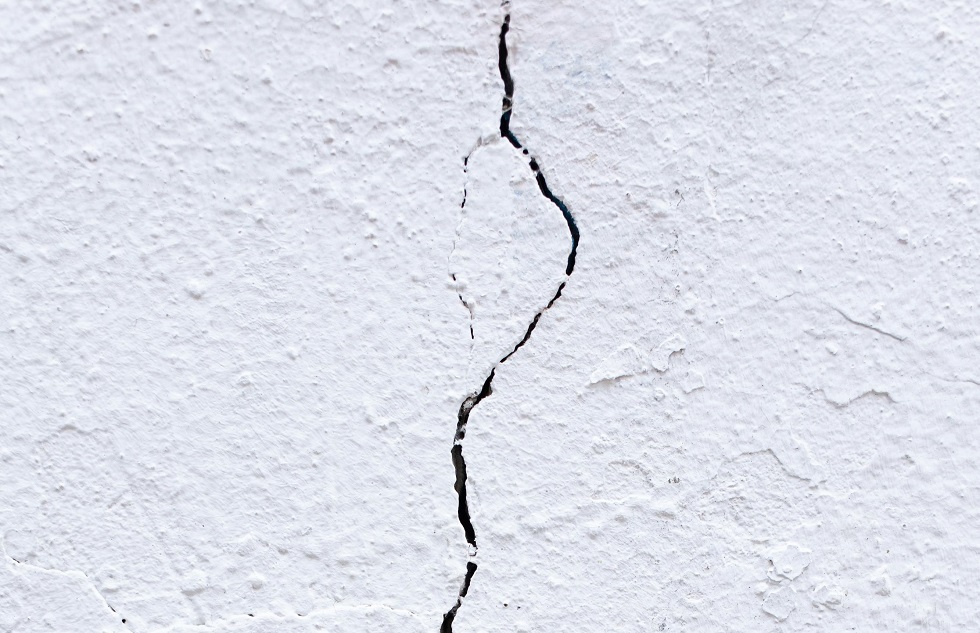
How Do Home Insurance Companies Determine Pre-existing Damage?
Home insurance companies employ various methods to assess pre-existing damage when evaluating property damage claims. This process is crucial for insurers to determine the validity and extent of coverage for property damage. Insurance adjusters conduct thorough visual...

Signs Your Insurance Adjuster Estimate Is Too Low
Insurance claims can be complex, and receiving an adjuster's estimate that seems too low is a common frustration for policyholders. Recognizing the signs of an undervalued estimate is crucial to ensure fair compensation for property damage or losses. Key indicators of...
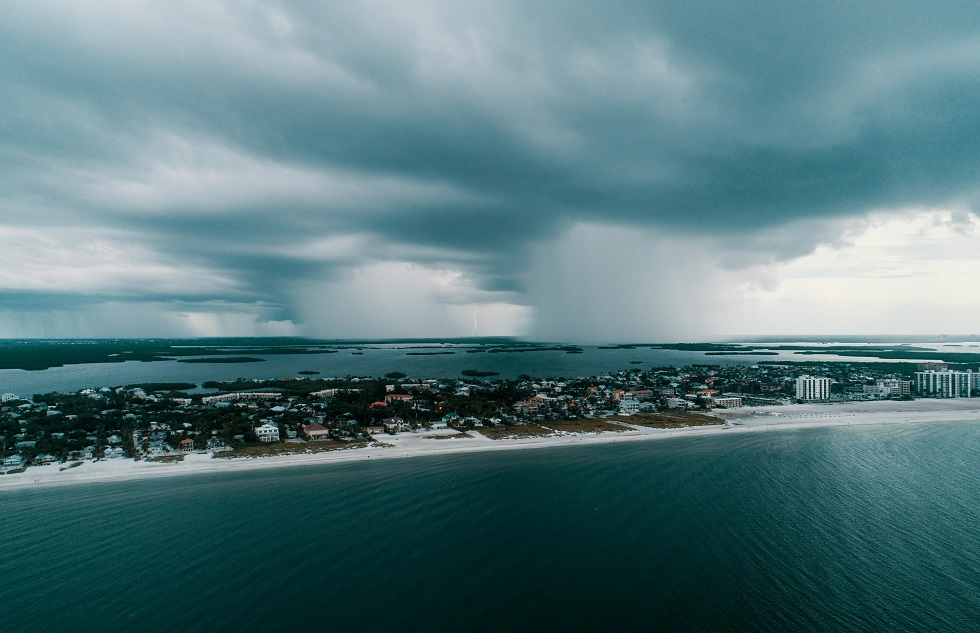
Why Does Florida Have So Many Hurricanes?
Florida is renowned for its beautiful beaches, vibrant culture, and, unfortunately, its frequent encounters with hurricanes. The state's unique geographical location and climate conditions make it particularly vulnerable to these powerful storms. Florida's position on...
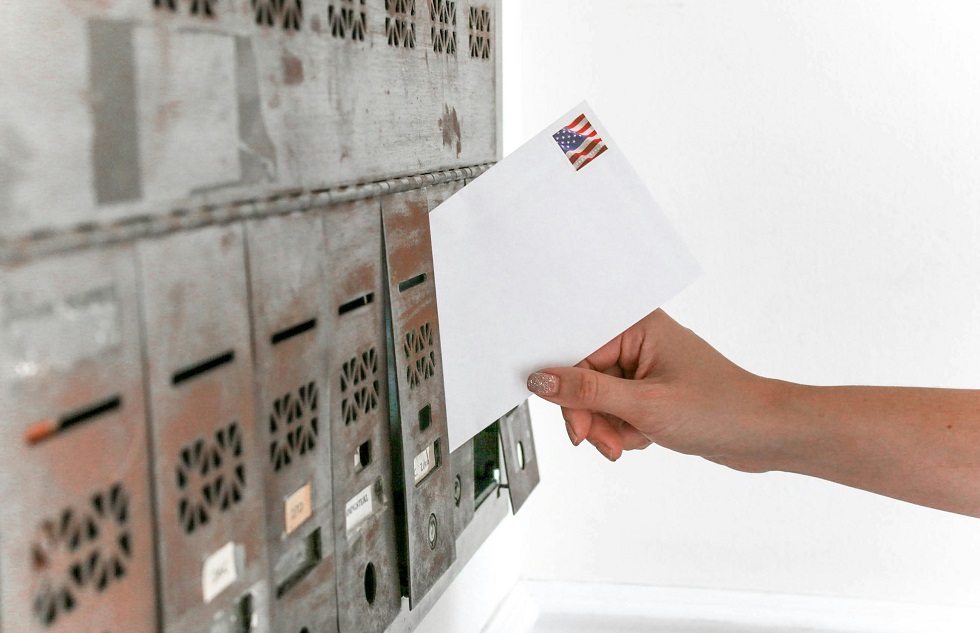
What To Do If You’re Denied Hurricane Damage Claim For Home
Hurricane damage can be devastating for Florida homeowners, leaving them in a state of distress and financial uncertainty. When insurance claims for such damage are denied, it adds another layer of stress to an already difficult situation. Facing a denied claim...
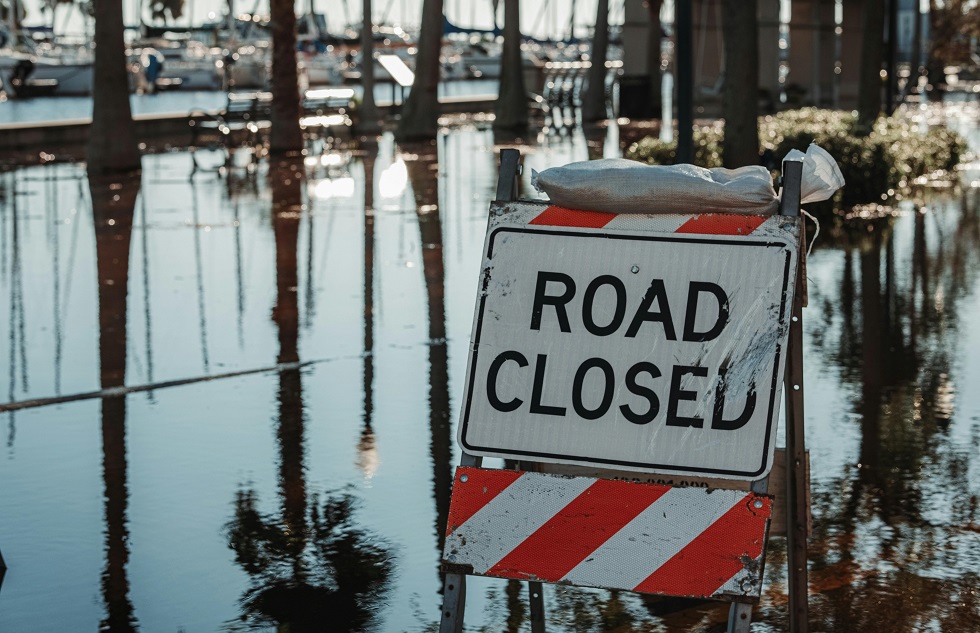
Guide To Documenting Damages For A Florida Flood Claim
Proper documentation of flood damage is crucial for a successful insurance claim in Florida. When floodwaters recede, homeowners face the daunting task of assessing and recording the extent of their losses. Thorough documentation, including photos, videos, and...

What To Do If You Disagree With A Home Insurance Adjuster
Dealing with a home insurance claim can be stressful, especially when you disagree with the adjuster's assessment. Many homeowners find themselves in this frustrating situation after experiencing property damage or loss. If you disagree with the insurance adjuster's...

How To Sue Your Neighbor for Property Damage in Florida
Property damage disputes between neighbors can quickly escalate, turning once-friendly relationships sour. If you're facing significant property damage caused by a neighbor in Florida, legal action may be necessary to protect your interests and recover damages. In...

Common Reasons Your Florida Hurricane Damage Insurance Claim May Be Denied
Florida homeowners face a daunting challenge when their hurricane damage insurance claims are denied. Understanding the common reasons for these denials can help you navigate the claims process more effectively. Insurance companies may deny claims due to inadequate...



